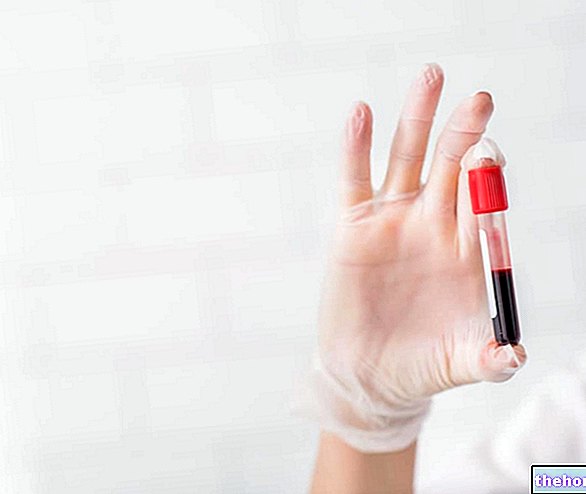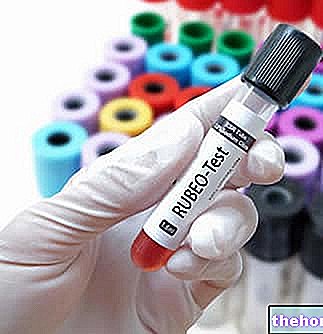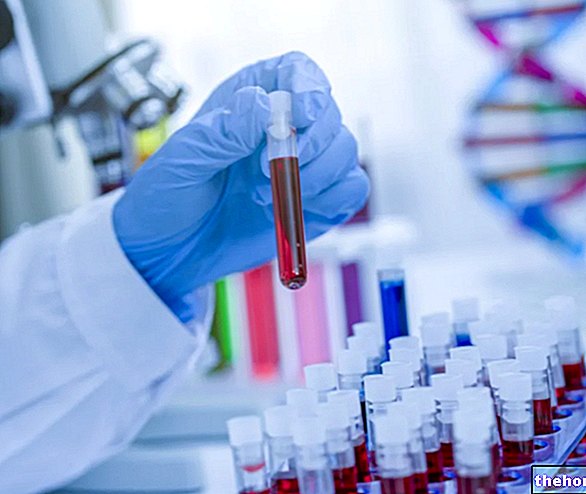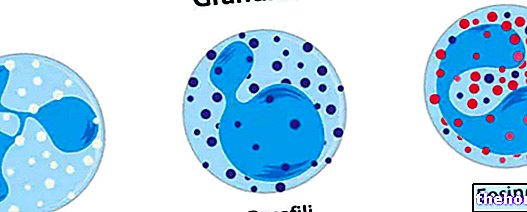From a functional point of view, the C reactive protein is very similar to class G immunoglobulins (IgG), substances that are activated to carry out a "defense action" of the organism. Unlike these, however, the C reactive protein is not directed specifically against a particular antigen.
PCR is produced mainly in the liver, in response to stimuli such as harmful agents, pathogenic and immune-complex microorganisms, but also following trauma. Its function consists in binding - complexing with phosphatidylcholine - to the wall of many bacteria, favoring their phagocytosis and destruction by monocytes.
The increase in C reactive protein occurs in the case of rheumatological diseases, bacterial infections and trauma. Compared to the ESR (Erythrocyte Sedimentation Rate), during an inflammation, the concentration of CRP is changed much more rapidly.
Recently, a chronically elevated C-reactive protein value has been correlated with an increased cardiovascular risk.
Levels of C reactive protein significantly increase in response to a wide variety of situations, including - in addition to those already mentioned:
- Infections of bacterial and viral origin;
- Heart attack;
- Malignant neoplasms;
- Acute joint rheumatism;
- Abdominal abscesses;
- Peritonitis;
- Systemic lupus erythromatosus;
- Crohn's disease.
In general, therefore, high levels of C reactive protein indicate that the organism is subjected to considerable stress, but they do not provide useful information on the origin of the pathological process, which must be investigated through other tests.
), inflammatory bowel disease (e.g. Chron's disease) or some forms of arthritis.Since PCR is a general marker of inflammation, any increase in its value must alert the doctor, who will prescribe more in-depth tests to establish a diagnosis.
The C reactive protein dosage is indicated for:
- Assess the progress and severity of the inflammatory process;
- Determine the effectiveness of an anti-inflammatory therapy;
- Check the healing process of surgical wounds, burns or organ transplants.
- Assess the risk of coronary heart disease.
After evaluating the results, the doctor can better orient himself and recommend other in-depth investigations.
PCR is related to another test used to assess inflammation: the red blood cell sedimentation rate (ESR) test. Unlike this last parameter, however, the C reactive protein increases and decreases more rapidly.









.jpg)


















